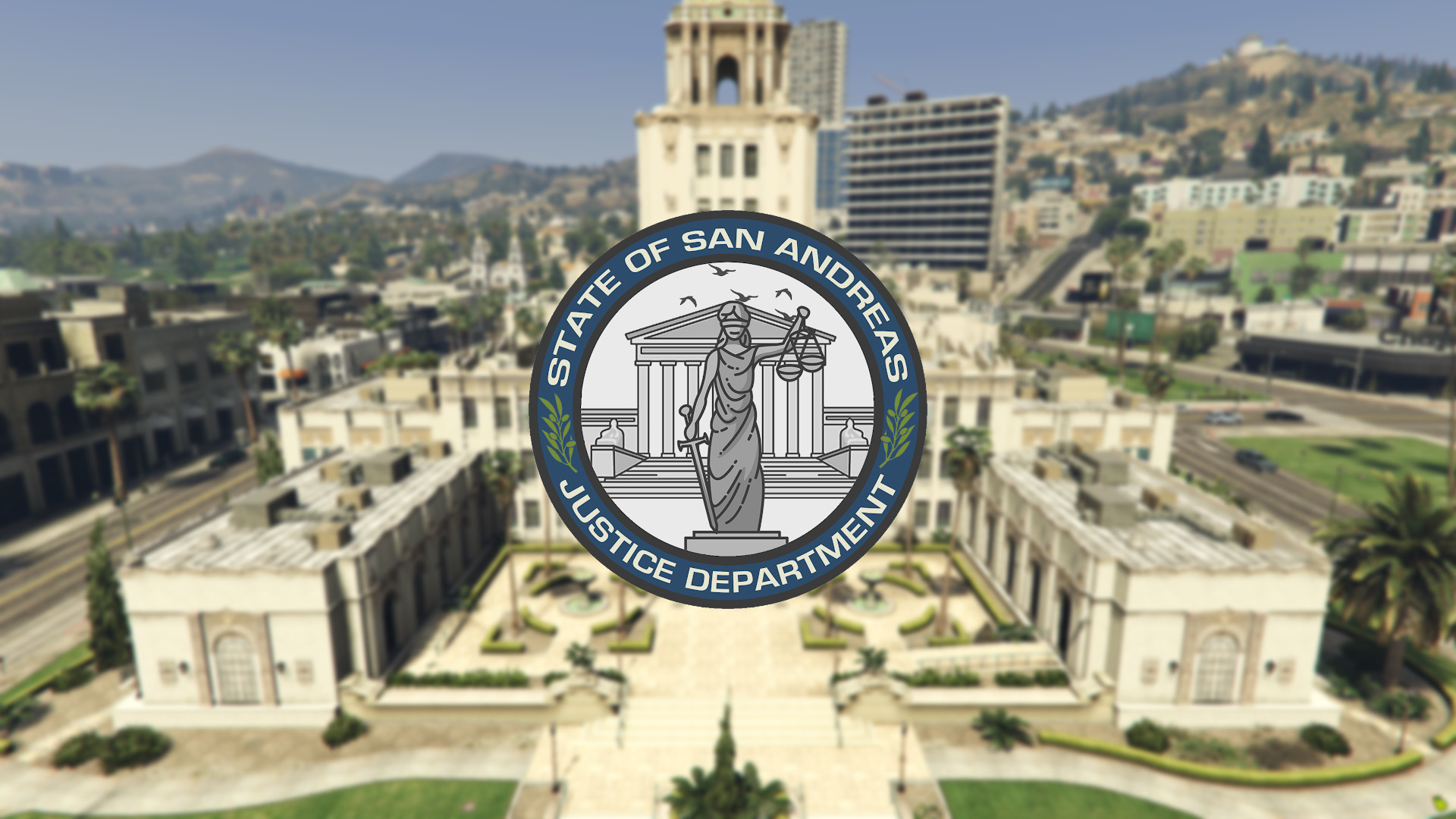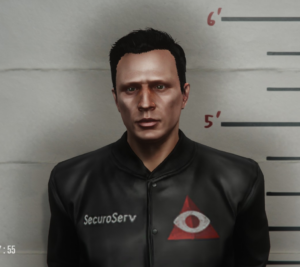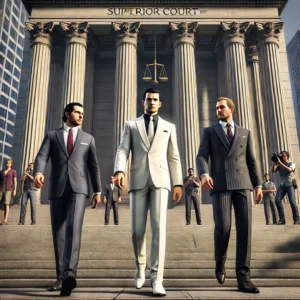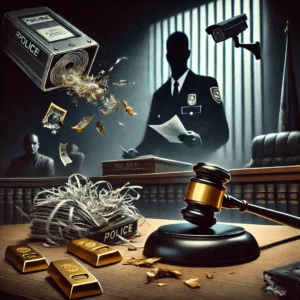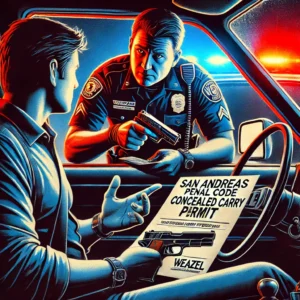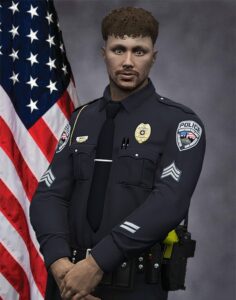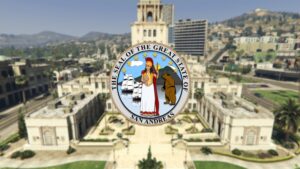LOS SANTOS, SA — In what many are calling an egregious failure of the justice system, the jury in the case of State v. Jethro Smith returned a not-guilty verdict this week, acquitting Smith on a charge of voluntary manslaughter, despite a mountain of evidence that should have led to a conviction.
Unlike many past high-profile cases in San Andreas, this trial can’t be blamed on a sloppy investigation or weak police work. This time, law enforcement did their jobs. Thorough forensic documentation, a clean arrest, clear body cam records, a weapon recovery, and even test-fired casing comparisons were all presented. The narrative was strong. The timeline? Airtight. And still, somehow—somehow—the jury didn’t see it.
“This wasn’t a case of mistaken identity or a questionable arrest,” said a source within the State Attorney’s Office. “This was textbook voluntary manslaughter. The only thing more clear than the forensics was the intent behind Smith’s actions. And yet—we’re here.”
Jethro Smith wasn’t just on trial for a one-off altercation. He had been involved in three separate violent incidents in nearly identical circumstances, each ending with locals dead and Smith walking away. The prosecution made clear: Smith knew what he was doing. He returned to high-risk areas again and again, armed and ready to shoot.
The verdict suggests the jury ignored the pattern of behavior, dismissed the significance of prior incidents, and instead, appeared to buy into a narrative of “self-defense”—one that was visibly contradicted by forensic evidence, including shell casing placement that showed Smith was moving while shooting, not standing his ground.
Behind closed doors, several courtroom observers are now asking the uncomfortable question:
Is there a growing bias in favor of civilian defendants, especially those who present themselves as victims, regardless of their actions?
“If someone like Jethro Smith can kill four people in one night under similar circumstances and walk free, then what’s the point?” asked one LSPD officer who spoke on condition of anonymity. “We do everything by the book. We gather the evidence. We follow the chain of custody. We hand it over—and it doesn’t matter. The jury lets them go.”
For law enforcement, the verdict hits hard. There’s a growing sense of futility among officers and prosecutors alike. If justice can’t be secured in a well-documented case, what faith should anyone have that future cases will fare better?
This isn’t just about one man or one trial. It’s about what comes next.
If the courts won’t back convictions backed by evidence, do officers stop making arrests? Do prosecutors stop pursuing charges they know will be politically unpopular? And more importantly, what message does this send to the people of San Andreas?
In a state already fractured by skepticism and distrust, the justice system just gave civilians a reason to believe they can kill and walk away, as long as they claim they were afraid.
And that should scare everyone.
Stay with Weazel News as we continue following the fallout from this case and what it means for law enforcement, the courts, and your safety.
Weazel News. Truth First.
